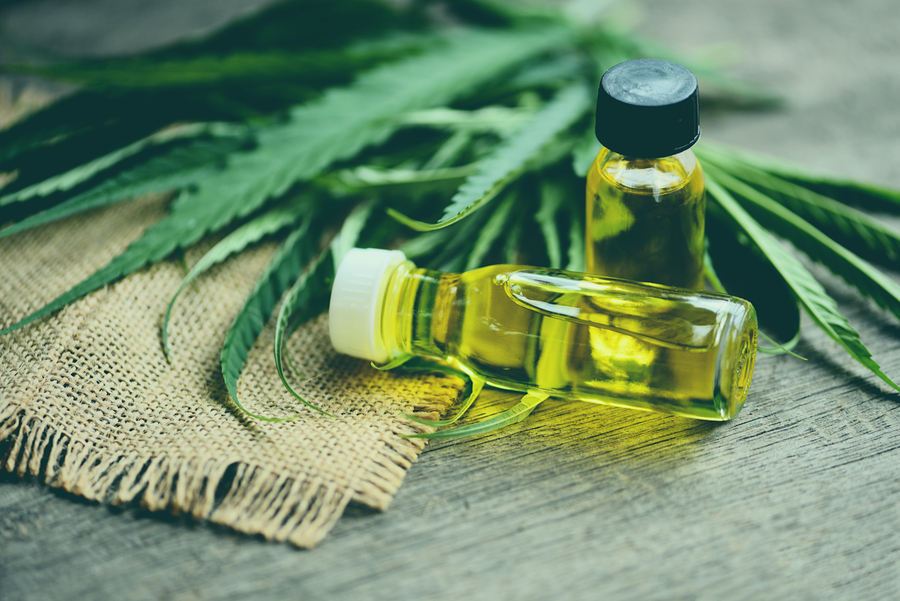In today’s world, dental care has evolved far beyond routine checkups and cleanings. Modern dental services focus on delivering not only optimal oral health but also a comfortable and aesthetically pleasing experience. Patients can now enjoy treatments that prioritize comfort, advanced technology, and long-lasting results. Here’s a closer look at how contemporary dentistry is transforming smiles with care and precision.
Personalized Comfort for Every Patient
Gone are the days when dental visits were associated with discomfort and anxiety. Modern dental practices emphasize patient comfort at every stage:
- Gentle Techniques: Advanced tools and minimally invasive methods reduce pain and recovery time.
- Sedation Options: From mild nitrous oxide to advanced sedation, patients can relax during procedures.
- Relaxing Environments: Modern clinics often include calming décor, soothing music, and ergonomic seating to enhance the experience.
These innovations ensure that dental visits are stress-free, making oral care a more pleasant routine rather than a dreaded task. The expert dentista Catania ensures gentle procedures, timely treatments, and beautiful, lasting results.
Cutting-Edge Technology Enhances Care
Technology has revolutionized dentistry, allowing for precise diagnostics and effective treatments:
- Digital Imaging: High-resolution scans and digital X-rays reduce exposure to radiation and offer accurate insights into oral health.
- Laser Dentistry: Minimally invasive lasers treat gums, remove decay, and accelerate healing.
- 3D Printing and CAD/CAM: Custom crowns, bridges, and aligners are now made faster and more precisely than ever.
By combining technology with skilled expertise, modern dental services ensure that every procedure is safer, faster, and more effective.
Comprehensive Treatments for Healthy, Beautiful Smiles
Modern dentistry goes beyond treating issues it focuses on enhancing natural beauty and long-term oral health:
- Cosmetic Dentistry: Procedures such as teeth whitening, veneers, and contouring help patients achieve radiant smiles.
- Orthodontics: Clear aligners and invisible braces provide discreet and effective solutions for teeth alignment.
- Preventive Care: Regular cleanings, fluoride treatments, and oral health education protect teeth and gums from potential problems.
These services not only improve appearance but also boost confidence and promote a lifetime of healthy habits.
A Holistic Approach to Oral Wellness
Today’s dental care recognizes the connection between oral health and overall well-being. Modern practices emphasize:
- Patient Education: Informing patients about hygiene routines and lifestyle choices for better oral health.
- Tailored Treatment Plans: Every plan is designed to meet individual needs, preferences, and goals.
- Long-Term Relationships: Dentists focus on continuous care, fostering trust and lasting patient satisfaction.
This holistic approach ensures that patients feel cared for, valued, and empowered in their dental journey.
Conclusion
Modern dental services have successfully combined comfort, expert care, and aesthetic excellence. With gentle techniques, advanced technology, and personalized treatment plans, patients can now enjoy dental visits that are pleasant, effective, and transformative. Investing in modern dental care is not just about maintaining oral health it is about embracing a confident, beautiful smile for life.





